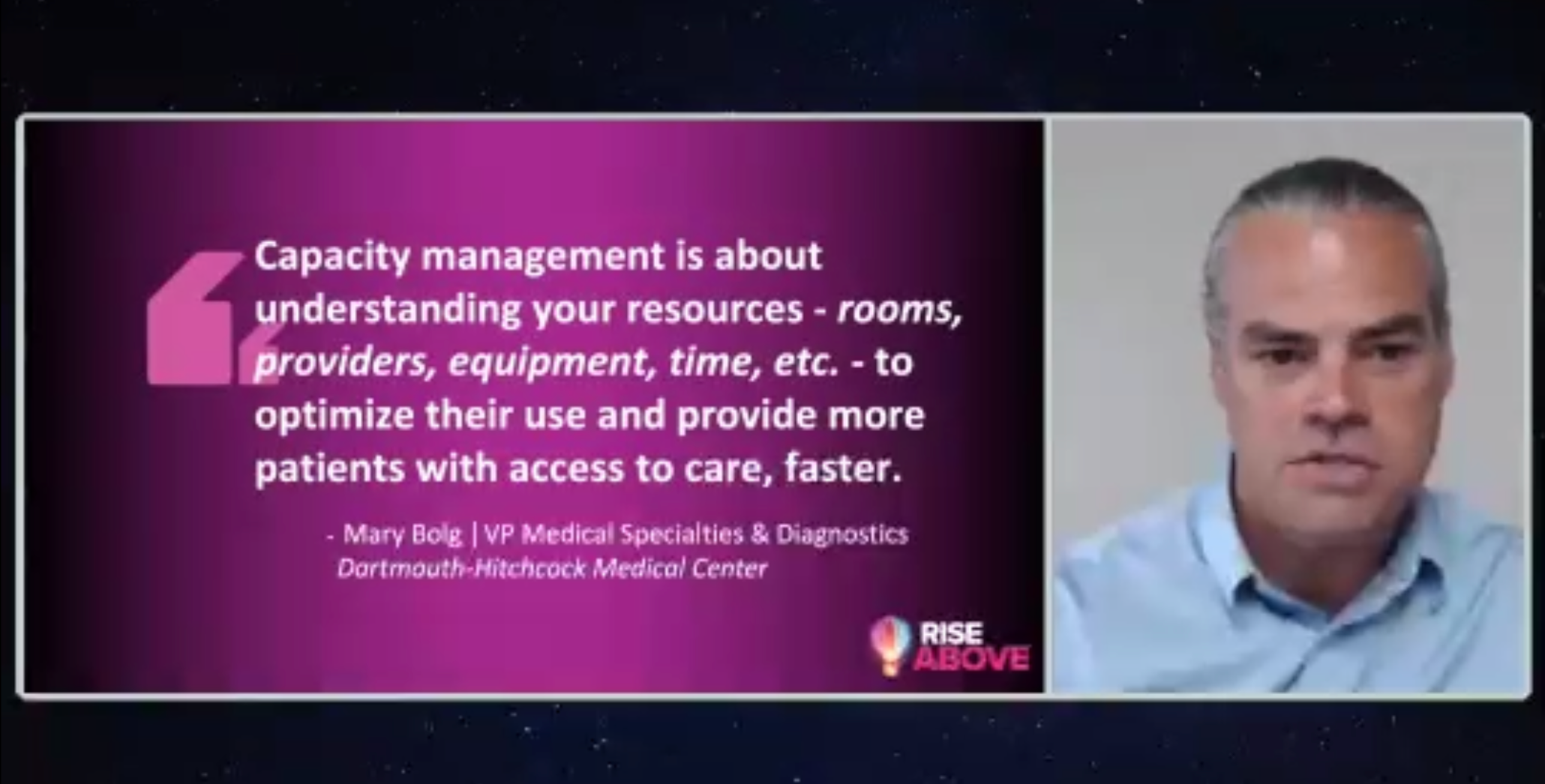- Industry News
- Access and Reimbursement
- Law & Malpractice
- Coding & Documentation
- Practice Management
- Finance
- Technology
- Patient Engagement & Communications
- Billing & Collections
- Staffing & Salary
MGMA 2020: Using technology to manage capacity in the time of COVID-19
A poor capacity management system can lead to unrealized revenue, loss of patients, and increased physician burnout.

The ongoing COVID-19 coronavirus pandemic has led many practices to brink of financial ruin to due to the precipitous drop in patient volumes.
As part of the Medical Group Management Association (MGMA) Medical Practice Excellence Conference, which is being held digitally this year, Richard Miller, chief strategy officer at QGenda, gave a presentation entitled “How to Manage Capacity While Adapting to New COVID-19 Processes” aimed at giving practice leaders some tips on using technology to ensure they’re fully utilizing their facilities and staff. Poor capacity management can lead to problems with patient access and throughput, productivity, revenue and cost management, and provider satisfaction.
While the pandemic has increased the need for better capacity management, Miller says that capacity has long been a problem because practice leaders often lack visibility into real-time resource availability, physician burnout continues to grow, organizations are growing, and more practices are balancing increasing healthcare access without increasing costs. With the dawn of the pandemic, these issues have been exacerbated by additional protocols such as changes to the patient flow process, implementing proper social distancing and cleaning guidelines, and transitioning to touch-free contactless operations, Miller says.
Add to this the increased usage of telemedicine and more challenges arise around integrating it into a practice, Miller says.
“(Telemedicine) can’t just be this thing that sort of runs as an aside, because oftentimes you have providers who work in a hybrid mode, where sometimes they do telemedicine and at other times they’re not,” he says.
While Miller deferred to public health authority guidelines on specific safety concerns within the practice in regard to possible in-practice COVID-19 contamination. But he does suggest implementing digital solutions to make sure that every room and staff member in the practice is used to its full capacity.
Miller says having a centralized digital provider and room scheduling system in place in times of surge gives a practice leader the tools to ensure their facility’s capacity is being fully utilized. The system should be digital, centralized, able to meet unique needs of all physicians in the practice, is dynamic and flexible, and scalable.
Digital systems comply with touch-free contactless operations and provide immediate, real-time access, as well as enables practices to run analytics and better understand their operations. Having the system centralized ensures a single source of information on all resource availability which prioritizes safety, and it enable the sharing and reallocation of resources, Miller says.
Finding systems that meet the unique needs of the physicians in the practice will save time and improve operational efficiency for all parties and will include effort-based coding. Having a system that is dynamic and flexible allows the practice to quickly adaptable to changes in patient demand and will easily incorporate new protocols in scheduling rules, while ensuring the system is scalable limits the risk of running out of capacity when surges or crises occur and when the practice grows.
Miller identified three steps for using scheduling technology to adapt and manage capacity: first is identifying and centralizing resources, second is determining patient access needs and flow, and third is optimizing resources based on capacity and demand using analytics.
Asset Protection and Financial Planning
December 6th 2021Asset protection attorney and regular Physicians Practice contributor Ike Devji and Anthony Williams, an investment advisor representative and the founder and president of Mosaic Financial Associates, discuss the impact of COVID-19 on high-earner assets and financial planning, impending tax changes, common asset protection and wealth preservation mistakes high earners make, and more.
Reducing burnout with medical scribes
November 29th 2021Physicians Practice® spoke with Fernando Mendoza, MD, FAAP, FACEP, the founder and CEO of Scrivas, LLC, about the rising rates of reported burnout among physicians and how medical scribes might be able to alleviate some pressures from physicians.
